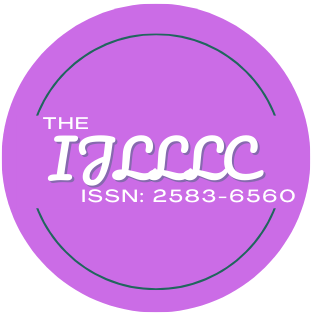| Title: REVISITING THE TWENTIETH-CENTURY ENGLISH DYSTOPIAN NOVEL |
| Authors: Mamadou Seydou KANE and Maurice GNING, Senegal |
| Abstract: Dystopian literature occupies a central place in the English literary landscape of the 20th century. This article examines this novelistic genre in order to identify its major features, specific orientation and various nuances. It is based on a corpus of 4 novels: Nineteen Eighty-Four by George Orwell, Brave New World by Aldous Huxley, A Clockwork Orange by Anthony Burgess and Fahrenheit 451 by the American writer Ray Bradbury. An examination of these novels, a fairly representative sample of 20th century English and Western dystopian literature, leads to the following two broad conclusions: There are a few differences in the focus of the main themes, which depend very much on the prevailing concerns of certain periods of the twentieth century and on the specific experiences of the authors. Despite these differences, the nature of dystopian fiction hasn’t changed. The same themes can be found in all four dystopian novels, albeit with varying degrees of intensity. |
| Keywords: Dystopia, Totalitarianism, Control, Humanity, Satire. |
| DOI: https://doi.org/10.59009/ijlllc.2025.0099 PDF Download |
